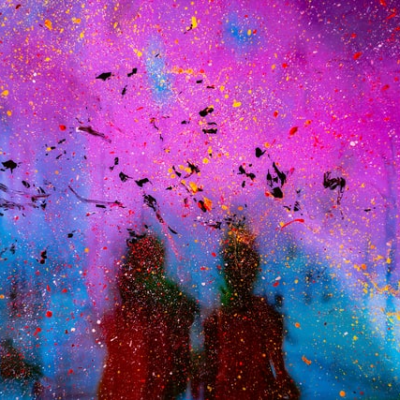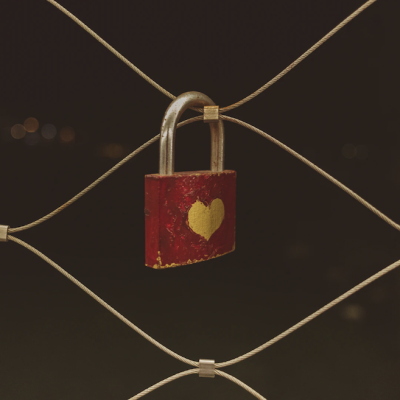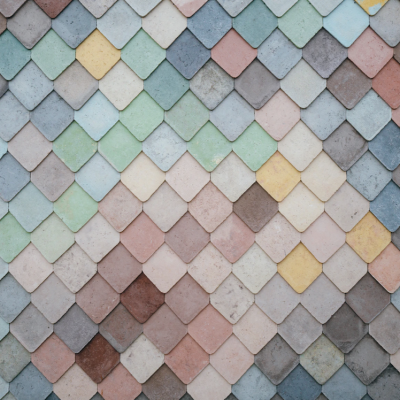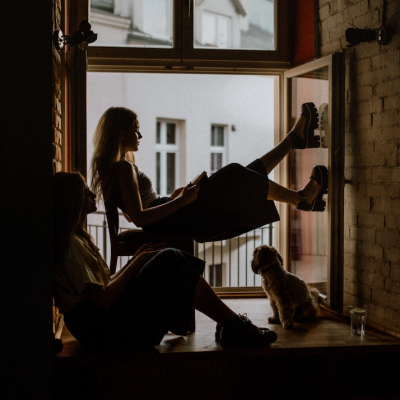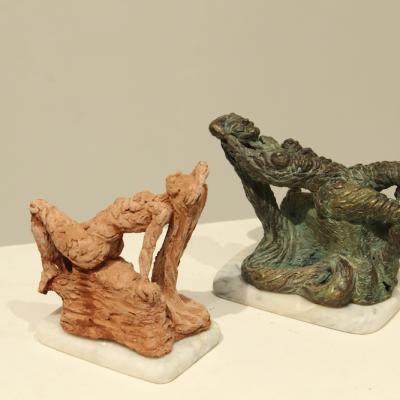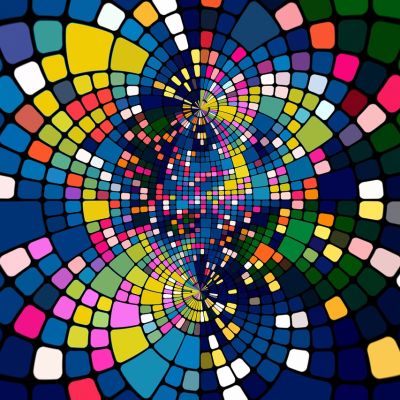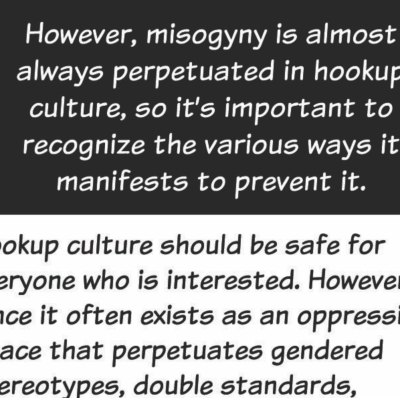wellbeing
Vulnerability – is it a condition we find ourselves in? A state of being we choose? Let’s keep it very simple: it depends on the approach we take to defining it. In the former approach, we are ‘done to’, while in the latter we are consciously ‘doing’.
To chase down our own vulnerabilities around sexuality is a short run around the corner, five minutes ago, last night sleeping alone, with a lover, a partner who lost interest, the Insta post that leaves you feeling you’re not good enough for the hug, the kiss, the cuddle and are you perhaps the A of LGBTQIA+?
Being vulnerable helps boost our self-esteem and self-worth by pushing us out of our comfort-zone. It provides us with an opportunity to overcome obstacles and reach deep down within ourselves to find strength and confidence to keep going even when the odds are against us.
It took me some time to realise how important being vulnerable or, for that matter, being vulnerable during sexual engagement was for me to have great sex and how empowering it is for my sexuality. After much thought, I decided to open up to my partner about my past experiences and other things I never used to openly talk about.
“Be yourself, Sarah. Awkward smiles, empty silences, weird laughter, and all. It’s just a part of being human. Loving someone physically is never not awkward. Even if it’s a monogamous relationship. It’s only the comfort of familiarity that makes you think otherwise.”
Through multiple maquettes, I finally came across (since I myself did not know what the result of the form or figure would be) the Reclining Lady. She represents confident femininity and vulnerability. The feeling one has after taking a bath and sitting in the nude, drying oneself in unabashed nakedness.
When we are in tune with our authentic thoughts and feelings, vulnerability can be a guide-post in traversing through life, allowing us to forge deep and meaningful connections where we can hold space to mess up and get back on our feet again.
Paromita, an award-winning filmmaker, and founder of the multimedia platform Agents of Ishq, and Leeza, who tries to normalise conversations about sexuality through her online work, remind us that neither singlehood nor marriage is the only determining factor of our wellbeing.
Risk by itself is not a stigmatised subject, but sexuality is, and has been for generations. This has led to closeting, to shutting the door, on many necessary conversations about the risks to rights that millions of vulnerable individuals and many vulnerable communities live with, across the globe.
While highlighting safety from, media narratives often dismiss safety to: express oneself, be it through the way we identify and communicate, or through the body. Not only the spaces we access and the time of day we do so but also the way we perform our self-hood.
I had risked so much already, not just by loving another woman, but by acting on my desires. By allowing myself to feel intimacy and connection with another queer person. Despite feeling guilt and shame, this risk had become increasingly vital to take.
The scope for unsafe sex, as discussed earlier, extends to STIs and STDs and therefore, the feeling of ‘un-safety’ during sexual intercourse must expand itself to actively include infections as an equally important factor for using contraceptives, as are unwanted pregnancies.
Reasons why SRHR is not prioritised—but should be—in climate change policies, strategies, financing, and programmes are because women’s contribution and roles as agents of change are often disregarded due to gender inequality.
Ethical considerations and frameworks for traditional (for the lack of a better term) have had decades of debates, discussions, and revisions to have Boards of Review with similar ethics regulations (although they are still being critiqued).
While navigating hook-up culture, we may exercise our agency to express our sexuality but at the same time, may face risks to our safety and bodily integrity as well as obstacles engendered by misogyny, rape culture, heteronormativity, and double standards.


